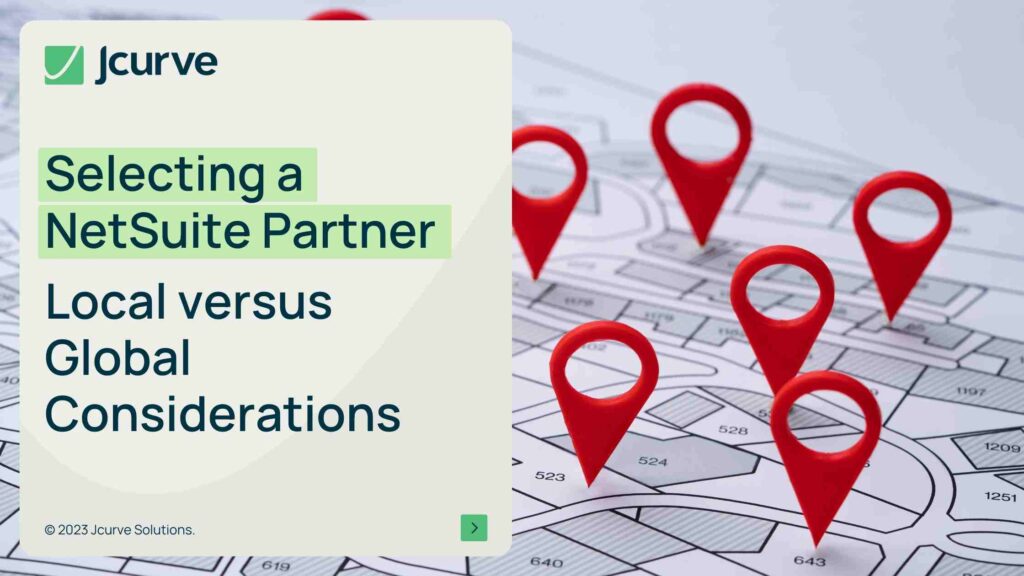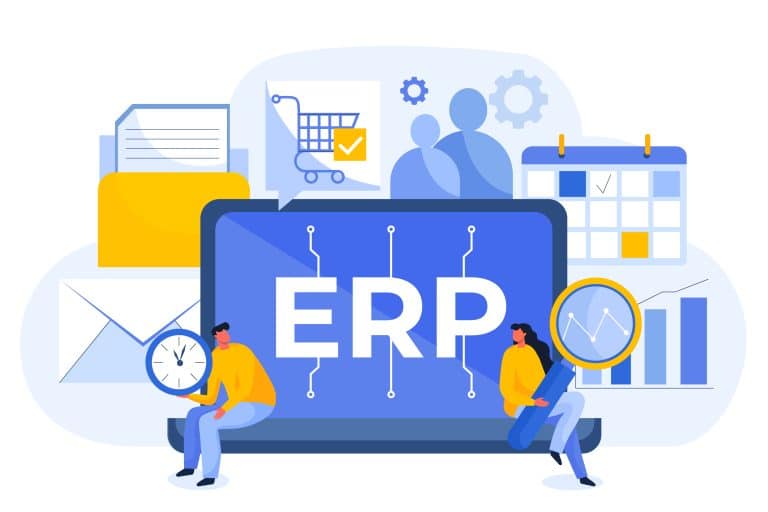As global business operations flourish, Kiwi enterprises are increasingly faced with the critical choice of selecting the right NetSuite partner. The question is, how can you find a partner that offers both local know-how and international capabilities?
The Global Perspective: Meeting Multi-Country Functionalities with a Global Partner
For New Zealand businesses operating across the Tasman or further afield, a partner with a global perspective is essential. They provide expertise in multi-country functionalities, ensuring smooth operations across different jurisdictions. NetSuite’s global ERP is purpose-built for such expansive operations.
Ensuring Business Scalability with Global Expertise
A global partner can support your Kiwi business’s growth into new markets, ensuring that your ERP system scales with your expansion.
Adopting Global Best Practices for Competitive Advantage
Partners with international experience bring global best practices to their strategies, keeping your business competitive. This is particularly valuable when leveraging a NetSuite partner for digital transformation.
Delving into Local Considerations
Local partners offer critical insights when implementing an ERP system in New Zealand. Their deep understanding of Kiwi cultural nuances and business practices ensures that the ERP aligns with local operations. They are also knowledgeable about New Zealand’s specific regulations, ensuring system compliance and avoiding legal issues.
Local partners are also invaluable for providing rapid on-site support and training, crucial during the initial rollout of the system. The ability to communicate in the local language simplifies problem-solving and training, allowing New Zealand businesses to efficiently maximise their ERP system.
Local Market Insights
A partner based in New Zealand will have a keen understanding of the local market, competition, and customer preferences, ensuring your ERP is customised to the Kiwi context.
Consumer Behaviour Patterns
Recognising Kiwi consumer behaviour patterns is key for businesses to effectively tailor their offerings. For example, if there’s a sales surge during events like Christmas or Waitangi Day, the NetSuite Order Management system can be configured to handle the increased volumes.
Competitive Landscape Analysis
NetSuite’s Financial Management module is a powerful tool for budgeting and financial planning, offering insights that help New Zealand companies stay competitive.
One standout feature is Financial Consolidation, which is particularly useful for businesses with operations across the ANZ region, allowing for streamlined accounting processes and compliance with local standards and tax codes.
Local Market Trends and Forecasts
Staying abreast of local trends ensures businesses can be proactive. If there’s a trend towards sustainability in New Zealand, NetSuite’s Inventory Management can help maintain optimal stock levels of eco-friendly products.
Industry-Specific Forecasts
For industry-specific trends, such as a fashion style gaining popularity in New Zealand, NetSuite’s Warehouse Management system can be customised to meet these specific needs.
Balancing Local and Global Needs
In the dynamic business environment, it’s crucial for Kiwi companies to balance local and global operations. Some NetSuite partners offer a hybrid approach, providing both local presence and global reach, ensuring ERP implementation meets both immediate and long-term needs.
However, financial implications must be considered. Conducting a cost-benefit analysis helps determine the best approach for ROI and growth alignment.
Key Questions to Ask Potential Partners
Before choosing a NetSuite partner in New Zealand, ask:
- Do you have experience with businesses of my scale in New Zealand?
- How do you balance global vs. local ERP challenges?
- Can you provide references from both Kiwi and international clients?
Selecting a NetSuite partner is a significant decision for New Zealand businesses. By understanding the balance between local expertise and global reach, you can ensure you choose a partner that aligns with your operational goals.










